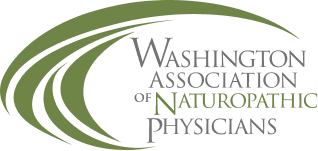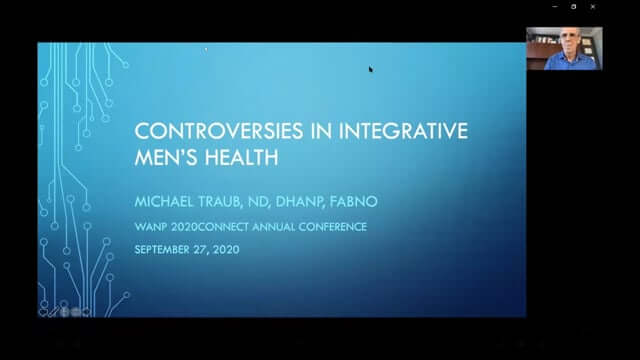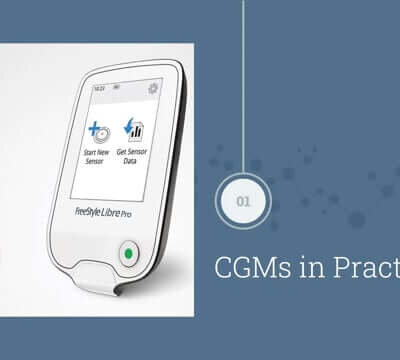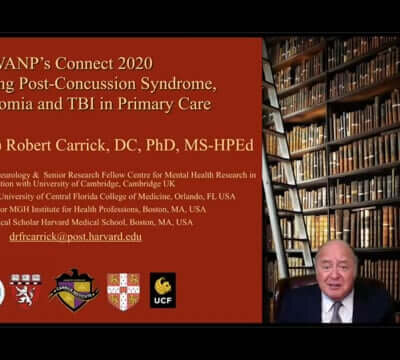Description
Testosterone therapy has been controversial ever since its synthesis in the 1930s. The assertion by Huggins and Hodges in 1941 that testosterone activates prostate cancer (PCa) cast a pall for the next 70 years. The introduction of the radioimmunoassay in the 1970s shifted the diagnosis of testosterone deficiency from signs and symptoms to an undue emphasis on blood test results. The fear of PCa was the primary obstacle to the adoption of testosterone therapy for decades. Prescription rates increased as accumulated evidence showed testosterone therapy was not associated with increased PCa risks. The observation that androgenic stimulation of PCa reaches a maximum at relatively low testosterone concentrations - the saturation model - provided the theoretical framework for understanding the relation between androgens and PCa and led to multiple case series documenting reassuring results of testosterone therapy in men with PCa. Recent concerns regarding cardiovascular risks also have diminished because new evidence suggests testosterone therapy might actually be cardioprotective. In 2016, the Testosterone Trials provided high-quality evidence of multiple benefits of testosterone therapy, nearly all of which had been recognized by clinicians by 1940. The decision as to whether to treat or not in the context of low T levels is occurring right now in a very interesting context. There is a normal age-related decline in T levels, and the symptoms of low T such as fatigue and low libido are very commonly seen in practice. While treatment of young men with low T clearly improves symptoms, the improvement is simply not as clear in older men. Over the past 15 years, and particularly between 2000-2011, prescriptions for T replacement have increased by approximately 380%. With continued population growth of men over 65, the number of men with late-onset hypogonadism (LOH) who are candidates for testosterone replacement therapy can be expected to grow by over 400,000 per year, largely due to increased marketing of low T. In 2015, the FDA issued a warning about a possibly increased risk for MI and stroke with T therapy, and pharmaceutical manufacturers voluntarily discontinued direct-to-consumer marketing. Since that time prescriptions for T as well as testing for T have decreased a great deal. The other context in which our decisions about treating and testing for T deficiency is occurring is some data suggesting that common practice is not consistent with evidence-based recommendations. In fact, 45% of men who were prescribed T did not have a testosterone measurement in the 6 months prior to it having been prescribed, and an additional 10% did not have confirmatory testing of an initial low testosterone level. The risks and benefits of testosterone therapy will be addressed including cardiovascular, prostate cancer, bone density, muscle mass, erythropoiesis, mood, cognition, and sexual function. The USPSTF's 2018 recommendation for PSA Screening will be reviewed and critiqued. An update in the management of prostate cancer will be provided. Androgen deprivation therapy in the setting of metastatic castration-resistant prostate cancer will be reviewed, including the dark side of 5-alpha reductase inhibitors. Erectile dysfunction assessment and treatment will be discussed, including naturopathic approaches to male sexual dysfunction. Finally, we will discuss how the female doctor can be present with the male patient and achieve effective rapport.
Speaker Bio: Dr. Traub received a BS from the University of California - Irvine in 1976, was graduated from National College of Naturopathic Medicine in 1981, and then completed a two-year residency there in Family Practice and Homeopathy. He is a diplomate of the Homeopathic Academy of Naturopathic Physicians (HANP), a fellow of the American Board of Naturopathic Oncology (ABNO), and medical director of Lokahi Health Center - an integrative clinic in Kailua Kona, Hawaii. His father was a dermatologist and Dr. Traub was inspired to undertake extra study in this subject and become the leading expert in dermatology in the naturopathic profession. He has taught dermatology at 5 of the 7 accredited naturopathic medical schools in North America and is author of “Essentials of Dermatologic Diagnosis and Integrative Therapeutics." He consults for three integrative dermatology companies. Dr. Traub is past-president of the American Association of Naturopathic Physicians (AANP), and was recognized as Physician of the Year by the AANP in 2006.
*Certified by the WANP for 1 Category 1 continuing education credit for Washington NDs*
(Originally presented on October 11, 2020)




